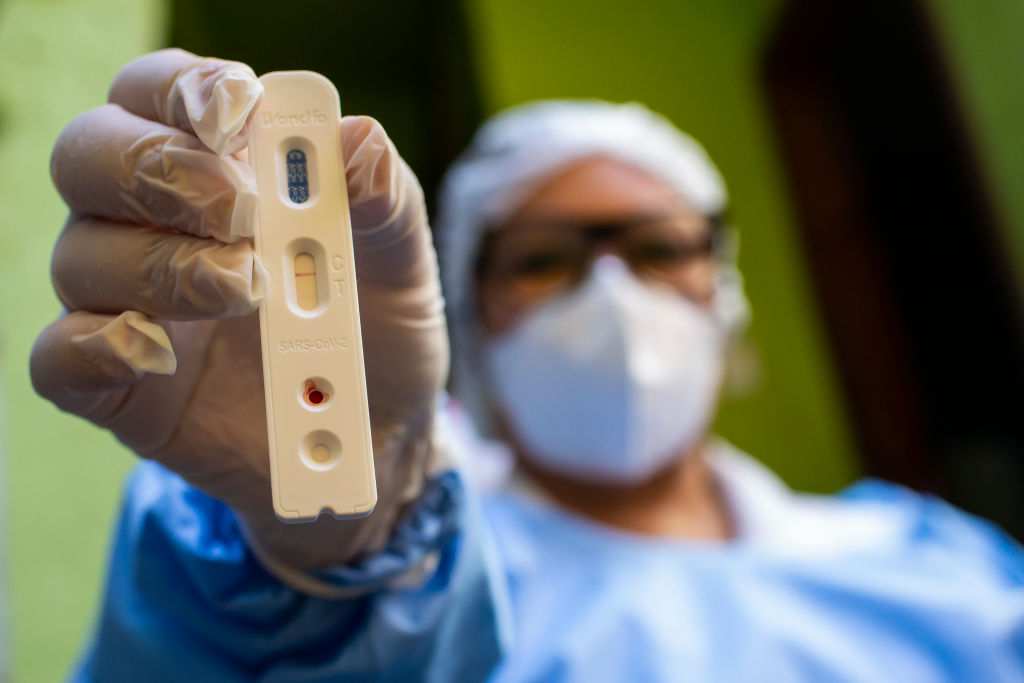How well does prior exposure to the SARS-CoV-2 virus protect you against reinfection? It has been a hotly-debated subject since the first trickle of reported cases of reinfection with the virus began to be reported last spring. Now, a study involving 16,000 students from South Carolina has attempted to quantify the protective effect of natural infection.
The students involved in the study, which is published in the journal Clinical Infectious Diseases, were each swabbed for a PCR test last fall, as a condition of being allowed to return to campus. They were swabbed again this spring in similar circumstances.
Out of 16,101 students, 2,021 were found to be infected in the fall. Of these, 44 — or 2.2 percent — also returned positive tests in the spring. By contrast, of the students who tested negative last fall, 12.1 percent were found to return positive tests in the spring. This led the researchers, from Clemson University, to conclude that antibodies from previous infection prevented 84 percent of cases.
Notionally, this would give natural infection a protection rate somewhere between the AstraZeneca vaccine (which returned an efficacy rate of 70 percent in phase 3 trials and 76 percent in subsequent US trials) and the Pfizer vaccine, whose efficacy in phase three trials was put at 95 percent.
But they are not quite the same thing. The vaccine trial efficacy rates were for symptomatic infection, whereas the Clemson figure includes anyone with a positive COVID test result — in other words it includes asymptomatic infections. Moreover, the Clemson study swabbed students for infection at one point in time. PCR tests can return a positive result for a few weeks after the infection has been defeated by the body’s immune system. But we don’t know, for example, how many of the 16,000 students were infected, say, in spring 2020.
The researchers also flag up a couple of issues: it may be that the 2021 students who tested positive in the fall were a self-selected group prone to take extra risks. Even if they did not take extra risks before they were infected, it may be that the knowledge they had been infected subsequently made them less inclined to be careful.
Vaccine trials are carried out blind; participants do not know whether they have been given the vaccine or a placebo. This is to cancel out any possibility that volunteers are over-represented, say, by people who are especially concerned about COVID-19 and therefore liable to take fewer risks. In the Clemson trial, by contrast, everyone knew whether they had been infected or not.
The students were also all of one age group between 17 and 24 — a group who were unlikely to have suffered serious ill-effects from infection, who might be expected generally to have robust immune systems. While we can’t really compared the efficacy rate of prior infection with that of vaccines, it is clear, nonetheless, that antibodies acquired through natural infection do offer a substantial protective effect against reinfection.
This article was originally published on The Spectator’s UK website.


















